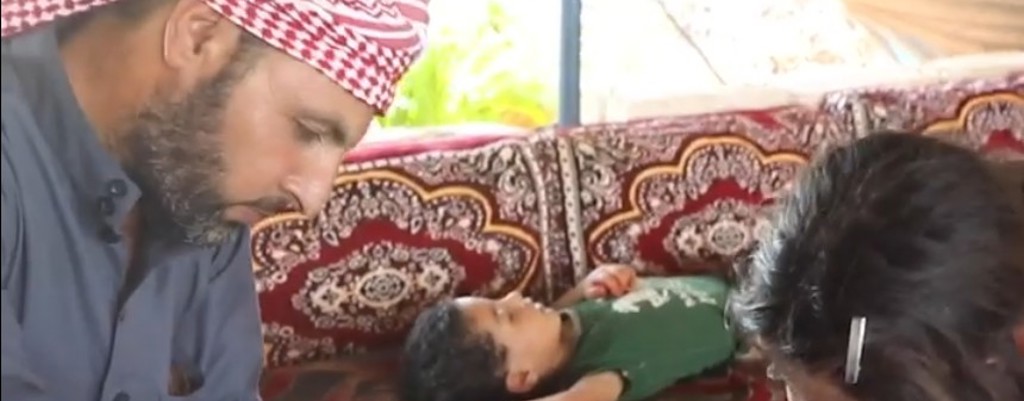Your 30 Nights - Automate your donations over the blessed 30 Nights of Ramadan so you don't miss Laylatul Qadr.
Schedule your donationsYour 30 Nights - Automate your donations over the blessed 30 Nights of Ramadan.
Schedule your donationsYour 30 Nights - Automate your donations over the blessed 30 Nights of Ramadan so you don't miss Laylatul Qadr.
Schedule your donationsYour 30 Nights - Automate your donations over the blessed 30 Nights of Ramadan.
Schedule your donationsLast year, your Qurbani helped 1,347,451 people, providing over 4.78 million meals
Abu Talhah (RA) reported, “The Prophet (ﷺ) sacrificed for the one who could not sacrifice from his ummah, one who bore witness to the Oneness of Allah and [his] Prophethood.” (Ahmad)
‘Their meat will not reach Allah, nor will their blood, but what reaches Him is piety from you’. [The Noble Qur’an, 22:37]
The past year has put millions in the ummah through brutal conflict and displacement, extreme hunger, earthquakes, flooding, conflict, and soaring food prices. These catastrophic and traumatising events have pushed even more families into poverty. From Sudan to Gaza, Syria to Yemen, the ummah across the world have faced devastating hardship over the past months and years.
Dedicate a Sunnah Qurbani to those in the ummah who can’t sacrifice this year.
When the Messenger (ﷺ) continued the legacy of Ibrahim (AS), sacrificing on the day of Eid, he didn’t just give one animal, but two, dedicating the second Qurbani to those in the ummah who could not afford to perform the Eid sacrifice, allowing them to share in the blessings of Eid, bringing them closer to Allah (SWT).
Two Qurbani shares, on average, provides families with up to 110 protein packed meals.

Last Eid al-Adha, you helped us to support over 1,500 people in Syria, including 35-year-old Ahmed in Idlib.
“My wife and I suffered major burns when our home was targeted by warplanes. I have five girls and four boys. We live in a small plastic tent along with my wife, brother, mother, and mother-in-law. “I’m having a lot of trouble in securing a decent life for my children because of my injury,” Ahmed said. “The Human Appeal team visited me and served me meals of meat, sacrificed on the days of Eid. I found it a great help as we’ve not eaten meat for months.
“I would to thank Human Appeal, and I hope this support will continue as there are many people who suffer like me here. Please always feel their pain.” Thank you for supporting Syrian families like Ahmed’s last Eid al-Adha.
Over 1.3 million reached last year
Human Appeal has been delivering Qurbani for 33 years, helping our supporters fulfil their duty to the ummah. Last year, we provided over 4.78 million meals, helping more than 1.3 million people enjoy nutritious meat during Eid al-Adha.
Download our Qurbani 2024 feedback report to find out how each Qurbani provided an average of 55 meals.
Download PDFYes, after it was prescribed, he never missed it—even while traveling.
He sacrificed two white rams with black markings and, during Hajj, 63 camels.
Yes, for his family and also for those in his Ummah who couldn’t afford it.
Yes, he allowed up to seven people to share one cow or camel.
“Bismillah, Allahu Akbar. O Allah, accept this from Muhammad and the family of Muhammad.”
Animals that are blind, lame, sick, emaciated, or have major visible defects.
Yes, he encouraged witnessing the slaughter and said sins are forgiven with the first drop of blood.
Yes, those intending to offer Qurbani should not cut hair or nails from 1st Dhul-Hijjah until after the sacrifice.
Yes, the Prophet (PBUH) appointed Ali (RA) to complete his sacrifices during Hajj.
He said that each hair and drop of blood carries reward, and the sacrifice is accepted by Allah before it hits the ground.
Yes, he offered one for himself and one on behalf of his Ummah—and during Hajj, a total of 100 camels.
He didn’t fix portions, but his companions followed the custom: 1/3 for self, 1/3 for relatives, 1/3 for the needy.
Yes, he performed more than one sacrifice and encouraged others to follow his example generously.
‘Their meat will not reach Allah, nor will their blood, but what reaches Him is piety from you.’
(Quran 22:37)
Every year our team in the field endeavours to ensure your Qurbani is delivered to the country of your choice. However, in case it is not possible in the country of your choice due to factors beyond our control, we will ensure it is delivered to those who need it most in the next nearest country possible.